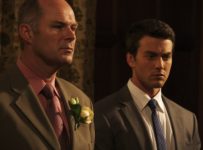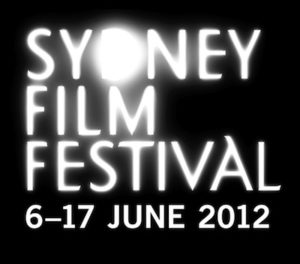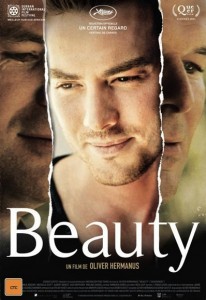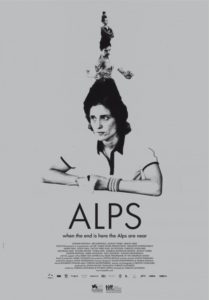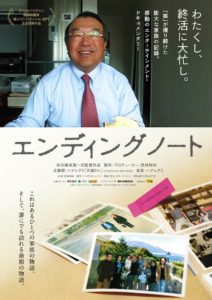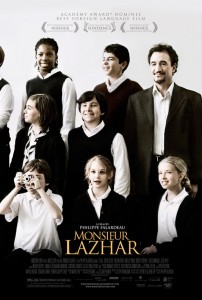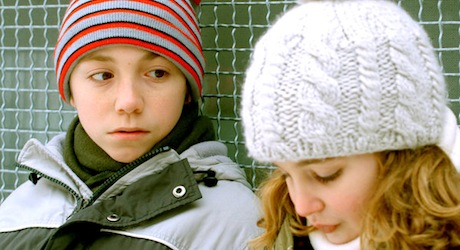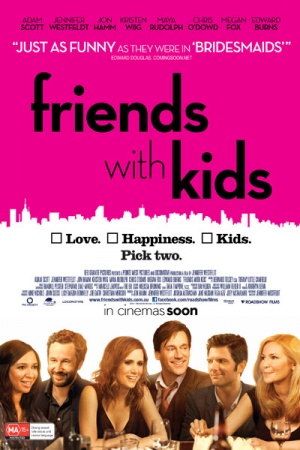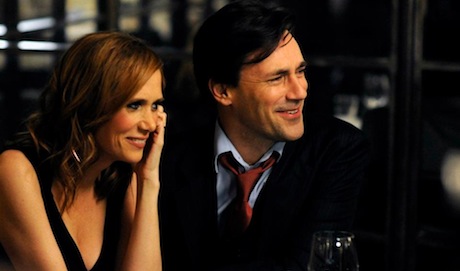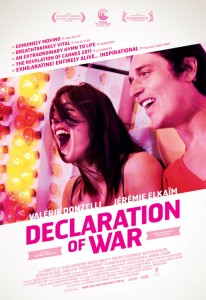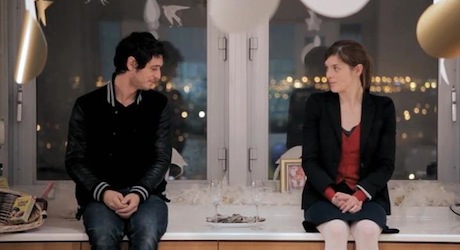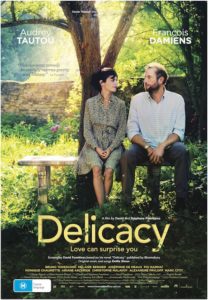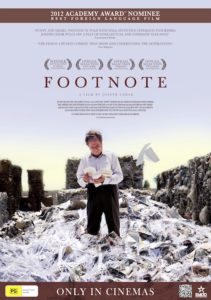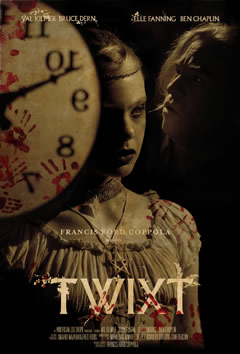Oliver Hermanus’ South African drama stretches too little plot out for an extended slow-moving exploration of a repressed homosexual Afrikaner.
[stextbox id=”grey” caption=”Beauty (2011)” float=”true” align=”right” width=”200″]
Director: Oliver Hermanus
Writer(s): Oliver Hermanus, Didier Costet
Runtime: 99 minutes
Starring: Deon Lotz, Charlie Keegan, Michelle Scott
Festival: Sydney Film Festival 2012
Distributor: Palace Films
Country: South Africa, France
Rating (?): Rental For Sure (★★)
[/stextbox]
In 2011, Oliver Hermanus’s Beauty (Skoonheid) was awarded the Queer Palm at the Cannes Film Festival. The award, by its own mission statement, is aimed at promoting “queer visibility in a world wide followed festival, it is also to remind the whole world the necessary equality of rights for all, whatever its sexuality”. South Africa is undoubtedly a nation that became known for the subjugation of a people in defiance of the rest of the world, and with Apartheid over as an official policy, Hermanus aims to point out another form of segregation in Afrikaans society. Yet he has elected to tell his story in such a drab way to obscure his point at best, and to misdirect any of its meaning at worst.
François (Deon Lotz) is a middle-aged South African man who seems to be living a happy life with his wife. Like many men in his social circle, he’s openly racist and homophobic, but we suspect he is attracted to Christian (Charlie Keegan), who mesmerises him at his daughter’s wedding. This is confirmed when François takes off to secretly rendezvous with a group of men, who participate in an orgy before returning to their normal lives. As his feelings for Christian grow into an obsession, François becomes poised to snap.
To describe Beauty as leisurely paced would suggest a momentum that is wholly absent. For the most part, the film is about the male gaze, punctuated only by two intentionally ‘shocking’ scenes, both of which signal their presence long before they arrive on screen. The first of these is of course the orgy, a sweaty and intentionally unattractive affair, kept in the shadows of a remote house, a stark and perhaps ironic contrast to the film’s title. The second of these is an act so brutal, that it shocks the film out of its complacency and overwhelms everything else. When it is over, we realise the film could not have gone in any other direction, but also that it has nowhere else to go.
François is a wholly unlikeable character, and even at his most vulnerable he reacts with such impotent rage that simply demonstrates his character is no more layered that the face he presents to the public. We get no no sense of why he is so captivated with Christian, beyond being an attractive young man, and the promising opening sequences around the secret society of men are never followed up on. They simply become a footnote, an establishing shot for François’ sexuality, only to be brushed aside for the monotony of his journey. By focusing on the singular nature of François’ obsession, and shot with a disengaged lack of focus, Beauty‘s worst crime is that it sheds no more light on the issue of sexuality in South Africa.
Beauty played at the Sydney Film Festival in June 2012. It is released in Australia on 2 August 2012 from Palace Films.
